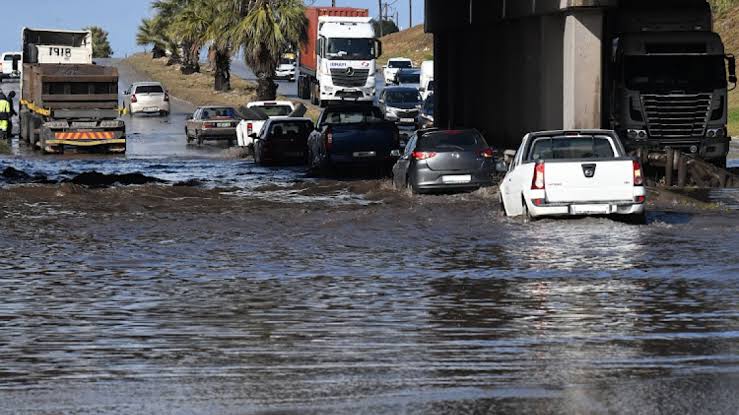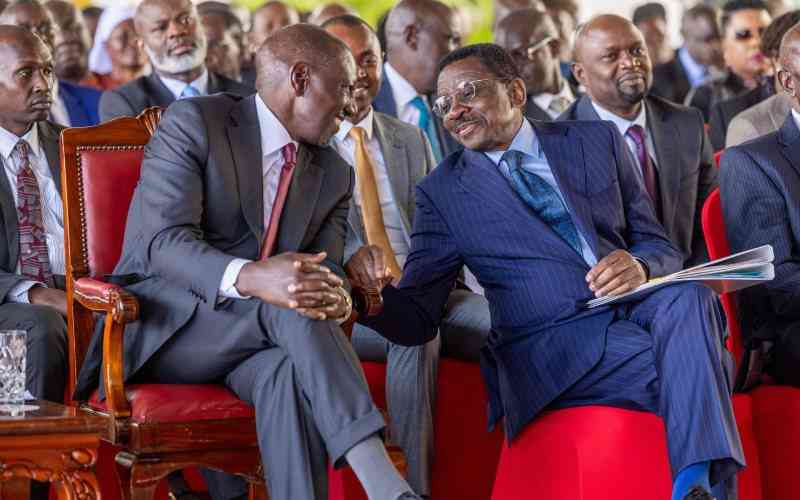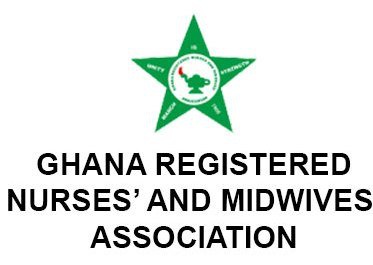We are victims of past intrigue within the military - Part 2
On Monday morning the members of the PRC that met on that Monday June 8 were simply told that General Abacha had died the previous night. There was confusion all around The Villa that Monday. Most civilians working in The Villa were not allowed to enter The Villa including members of The Cabinet secretariat who were to take the minutes of the PRC meeting. Alhaji Gidado Idris had to intervene with the soldiers to allow his personal staff including me to be allowed in.
Hostile soldiers were at the gates leading to The Villa.
When the PRC finally met in the morning it was very brief. There were two meetings of the PRC that day—one in the morning, the other in the night. The morning meeting was interrupted by the Inspector General of Police, Ibrahim Coomassie (March 18, 1942 – July 19, 2018) and General Bashir Salihi Maggashi (75) who both pleaded that General Sani Abacha should be allowed to be buried in Kano before the issue of successor be decided.
The members of the PRC then agreed to honour General Abacha GCFR by burying him in Kano before coming back to THE VILLA to select his successor.
From that moment the intense lobby to succeed General Sani Abacha began. Those in the know of things were never tired to conclude that if the first meeting of the PRC had been concluded, General Useni would have been, maybe the Head of State.
At that time there were three Lieutenant Generals in the Nigerian Army. They were Lieutenant General Donaldson Oladipo Oyeyinka Diya (rtd.) GCON (April 3, 1944 – March 26, 2023), who was in chains, Lieutenant General Mohammed Balarabe Haladu and Lieutenant General Useni. General Haladu (June 1944 – 28 1998) was indisposed at that time and unfortunately, he died 20 days after General Abacha’s death.
After serving as Commandant of the Nigeria Defence Academy, General Haladu’s last posting was to the Ministry of Industry. A brilliant officer from Kano. General Haladu had his military training in Nigeria Military School, Zaria, Pakistan Military Academy and University College of Wales. If we are to go by seniority, one of the Lieutenant Generals should have been selected as Head of State.
Some will argue that at the time of General Abacha’s death, General Useni was holding a political appointment as FCT Minister. That appointment made it ineligible for him to be voted for, by the members of the Provisional Ruling Council as Head of State.
When I saw Major General (rtd.) Muftau Balogun who was a member of the Provisional Ruling Council at that time, last week at Ikoyi Club, he said he has put June 8, 1998 behind him and has allowed bygones to be bygones, “Eric don’t forget this happened twenty-seven years ago”. He has moved on, for in 2017, he was elected Chairman of Ikoyi Club.
The PRC meeting that was to decide on the fate of General Diya instead selected General Abdusalam Abubakar as the Head of State after burying General Abacha in Kano. Till today the Malu report was never approved or rejected. It was never considered.
If we are to believe the report of what happened that day, the then Chief of Army Staff, Lt-General Ishaya Bamaiya wrote in his book titled, “The Vindication Of A General”:
“General Abacha died in the early hours of June 8, 1998. His family decided he would not be given a military burial and had to be buried at night in Kano. Before leaving Abuja for Kano with the remains of General Abacha, I observed that some officers were not ready to go to Kano for the burial.
At the Airport, I had to order Marwa to go into the aircraft to proceed to Kano. At that time, I had already given orders to Lt Colonel Mana Co81Bn Keffi to ensure no officer took any step against the government; he was not to take orders from anyone but me. He was ordered to deal with anyone who made any move to take over the government while we were in Kano.
We returned from Kano and went into the Chambers to decide who would become the Commander in Chief. While in Kano, some senior officers had decided the Chief of Army Staff would take over the government.
I had never been interested in any political office, had avoided so far, and had no intention of taking up the position of Commander in Chief. I made this clear to the senior officers who insisted I should take over, including Generals Victor Samuel Leonard Malu, Bashir Salihi Magashi and Patrick Aziza.
I was also aware of some junior officers who were against my taking over as Commander in Chief because they knew I would not tolerate them in service.
The problem I had convincing the senior officers to allow General A.A. Abubakar to take over. The issue of succession now fell to me, and some of the commanding officers and the staff told me I had to take charge to save the situation. I told them I believed in Abubakar, and we should support him.
While this was going on, some junior officers were campaigning against Useni and me. They believed that once I took over, they would be in trouble, but I never had any intention of taking any political post. I had joined the army not for politics.
When I told the senior officers I would not take over as Commander in Chief, the officers close to me said I was going to regret this action. I did not believe them because General Abubakar and I had been very close since we had been Lieutenant and played hockey for 2 Mechanised Division with Generals Shehu Yar’Adua and Jeremiah Useni.
As soon as we got into the chambers, Abubakar started distributing papers as if there were going to be election. Meanwhile, people were there with Bibles and Qurans because they did not know who the Commander in Chief was going to be.
It took a lot of persuasion to get the officers to accept General Abubakar. This was why during the swearing in of the Commander in Chief, the Quran and the Bible were brought into the chamber’s unknown to many officers and the PRC members. After the discussion, no decision was reached because papers were passed around for officers to nominate a Commander in Chief. I knew that problem could arise from there.
When it was my turn, I got up and announced we had all agreed that General Abubakar was to be the Commander in Chief and had been promoted to a four-star general. Abubakar was sitting next to me. That was how we succeeded in making General Abubakar the Commander in Chief.
I am glad that in the minutes of the PRC emergency meeting of June 8, 1998 at the Council Chambers, Asokoro, Abuja, Mr. T. Fagbemi, who took the minutes, stated, ‘a member supported succession by hierarchy, then he announced the Chief of Defence Staff, Major General A.A. Abubakar as the HOS, C in C. The member suggested further that he should be promoted to the rank of a four-star General.
This member was General IR Bamaiyi (COAS).’ Questions were asked about why Lt. General J.T. Useni, the most senior officer when General Abacha died, was not made Commander in Chief. Many put the blame on some of us at that time. It was difficult to sell Useni for a number of reasons.
First and foremost, General Useni was the last officer to be with the late General Abacha when he died, and there were many insinuations of his involvement in Abacha’s death. These were mere insinuations; I believe General Useni had no hand in General Abacha’s death. I became more convinced when, at the Oputa panel, a document recovered from a security officer’s house in the officer’s handwriting stated clearly, ‘We killed Abacha.’
This document was handed over to the Oputa panel but was only mentioned in a corner of the Oputa panel report. Since it was about General Abacha, the government did not care to investigate the matter, nor did the panel make any recommendation about it. I strongly believe if this document had been investigated, the truth of General Abacha’s death would have been known.
The second reason was that when politicians and some junior military officers were planning to make Abacha succeed himself, General Useni was said to have been too involved in the succession plan. Although General Abacha did not show that he knew and approved of it, I believe he was aware and did not oppose it. We could not have supported General J.T. Useni to succeed Abacha because of national interest and consideration of the Abacha family.
To be continued tomorrow.
Teniola is a former Director in the presidency.









